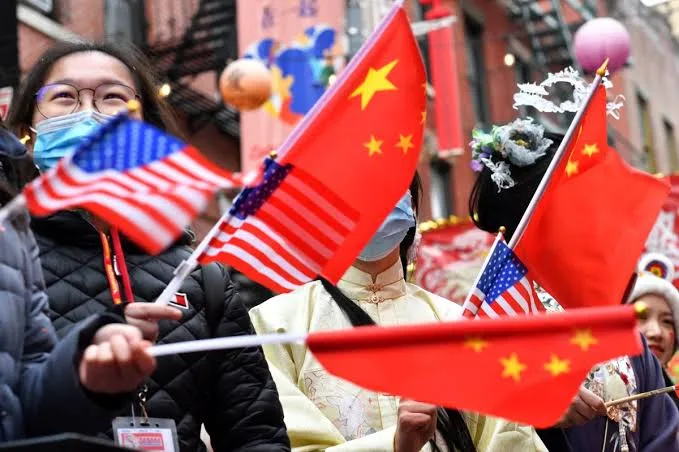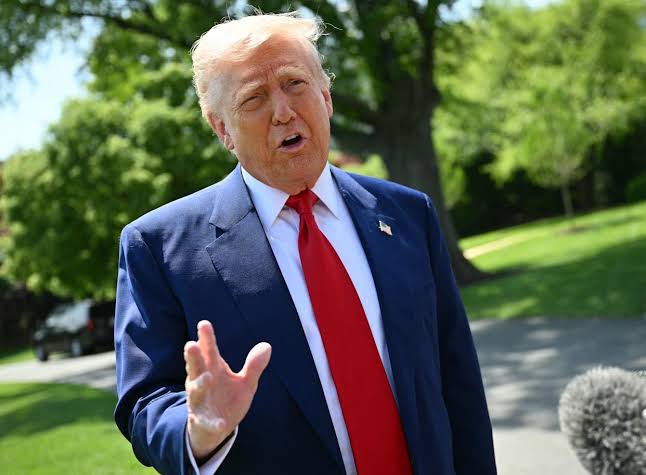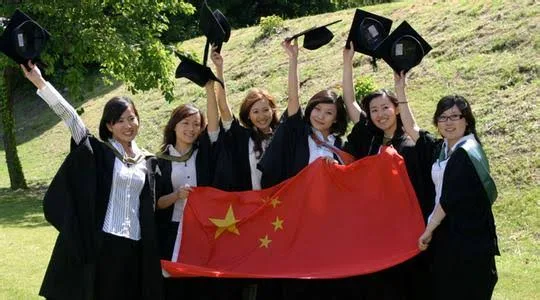US President Donald Trump has sent mixed signals regarding Chinese international students in the country. On Friday, May 31, 2025, Trump assured these students that they would be “ok” and that it would “work out fine,” despite his administration’s recent crackdown on academia. The administration has specifically targeted permissions for Chinese students, raising concerns about the potential impact on US-China relations and the country’s higher education system.

### Administration’s Crackdown
The Trump administration’s latest move is part of an ongoing showdown with academia, particularly with Harvard University, which has declined to provide a list of students that the government is interested in. Secretary of State Marco Rubio has vowed to “aggressively” revoke visas to students from China, citing national security concerns. The new policy targets students with connections to the Chinese Communist Party or those studying in critical fields, such as STEM programs.

### Impact on Higher Education
The administration’s actions have sparked concerns among educators and experts, who warn that the crackdown could devastate STEM programs and research labs at smaller universities. Chinese international students make up a significant slice of STEM researchers in the US, contributing to innovation and scientific progress. A sizable reduction in Chinese students could hit scientific research hardest, according to William Brustein, a retired longtime international student administrator.
*Potential Consequences:*
– *Financial Impact*:
Public universities, especially regional institutions, rely heavily on tuition from international students, who often pay three times as much as domestic peers.
– *Cross-Cultural Exchange*:
Chinese students have been a source of cultural exchange between the two countries, and a large-scale rollback of this relationship could be destructive for both nations.
– *Academic Freedom*:
The new policy’s focus on students with ties to the Chinese Communist Party raises concerns about academic freedom and free speech violations.

### Reaction from the Academic Community
Marjorie Hass, president of the Council of Independent Colleges, said that the administration’s new policy seems more aimed at scoring political points and justifying deportations than enhancing national security. Jonathan Friedman, managing director of US free expression at PEN America, criticized the policy, saying it would “hold student visas hostage to an ideological litmus test and disrupt the open exchange of ideas across cultures and borders.”
### Looking Ahead
The Trump administration’s stance on Chinese students has sparked a heated debate about the balance between national security and academic freedom. As the situation continues to unfold, one thing is clear: the impact on US-China relations and the country’s higher education system will be closely watched.
